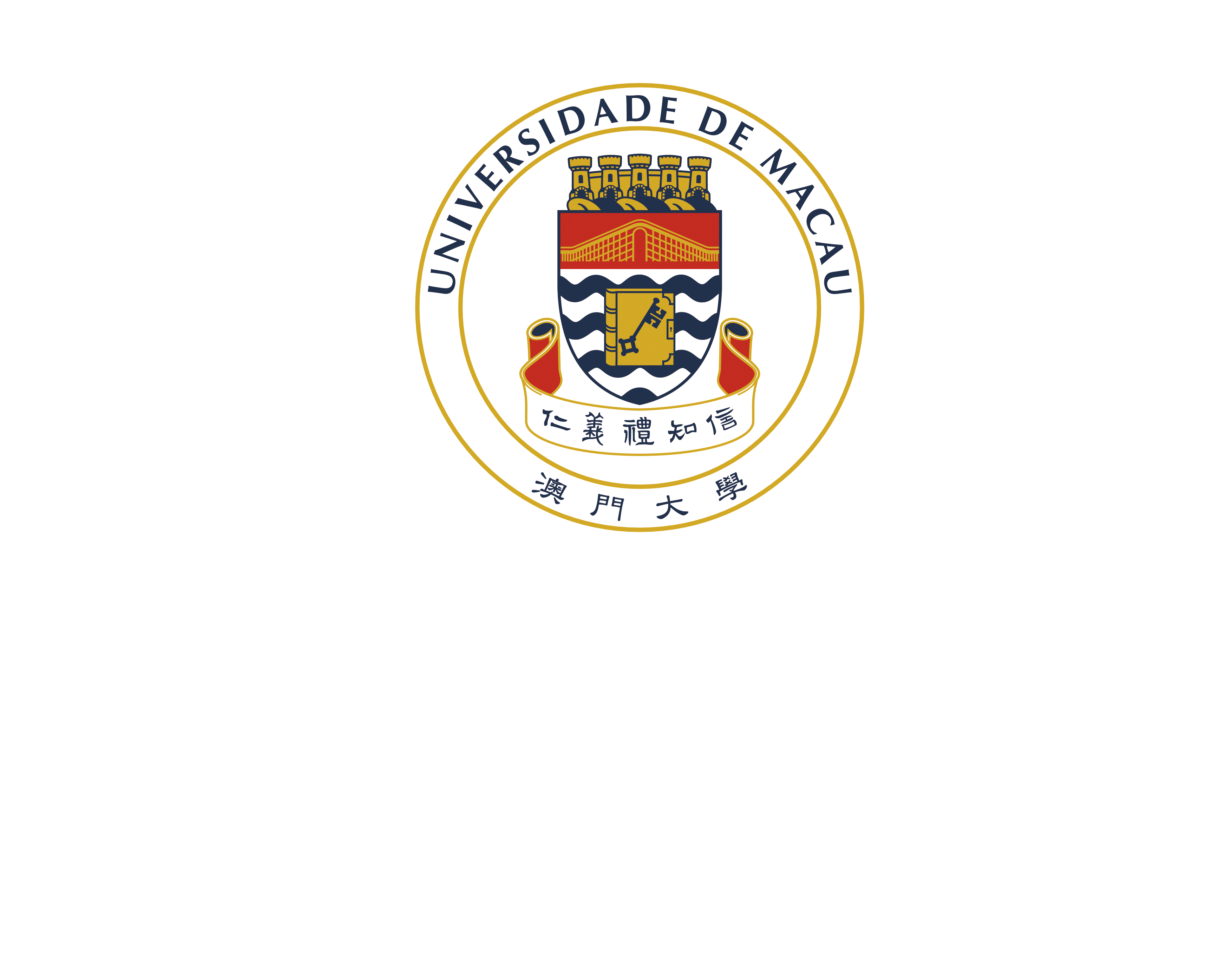Master of Science in Civil Engineering (Hydraulics and Environmental Engineering)
The Master of Science in Civil Engineering programme is designed to provide advanced education and updated specialized knowledge in civil engineering for practicing engineers, engineering graduates and professionals working in the civil industry. In particular it appeals to practicing civil engineers who would like to refresh and update their knowledge and to receive specialized advanced training in civil and environmental engineering as traditional undergraduate studies could not cover advanced theory and design procedures which they need to advance to higher level of competency in their profession.
This MSc programme is specialized in hydraulics and environmental engineering.
Programme Intended Learning Outcomes
- An ability to apply strong and solid knowledge of mathematics, science, and engineering appropriate to the degree discipline.
- An ability to design a system, component or process to meet desired needs within realistic constraints, such as economic, environmental, social, political, ethical, health and safety, manufacturability and sustainability.
- An ability to identify, formulate and solve complex engineering problems in research or practical approach.
- An ability to create innovative ideas to improve the efficiency of the civil related works.
- An ability to communicate effectively.
- An ability to stay abreast of contemporary issues.
- An ability to recognise the need for, and to engage in life-long learning.
- An ability to use the techniques, skills, and modern engineering tools necessary for engineering practice appropriate to the degree discipline.
Contact Us
- (853) 8822-4967
- (853) 8822-2426
- fst.enquiry@um.edu.mo
-
Room E11-3027,
Faculty of Science and Technology,
University of Macau, E11,
Avenida da Universidade, Taipa,
Macau, China
-
Please click here to let us know if you have any comment or suggestion about the civil engineering programme that you are studying in.
Copyright 2024 © Department of Civil and Environmental Engineering, Faculty of Science and Technology. | All Rights Reserved


